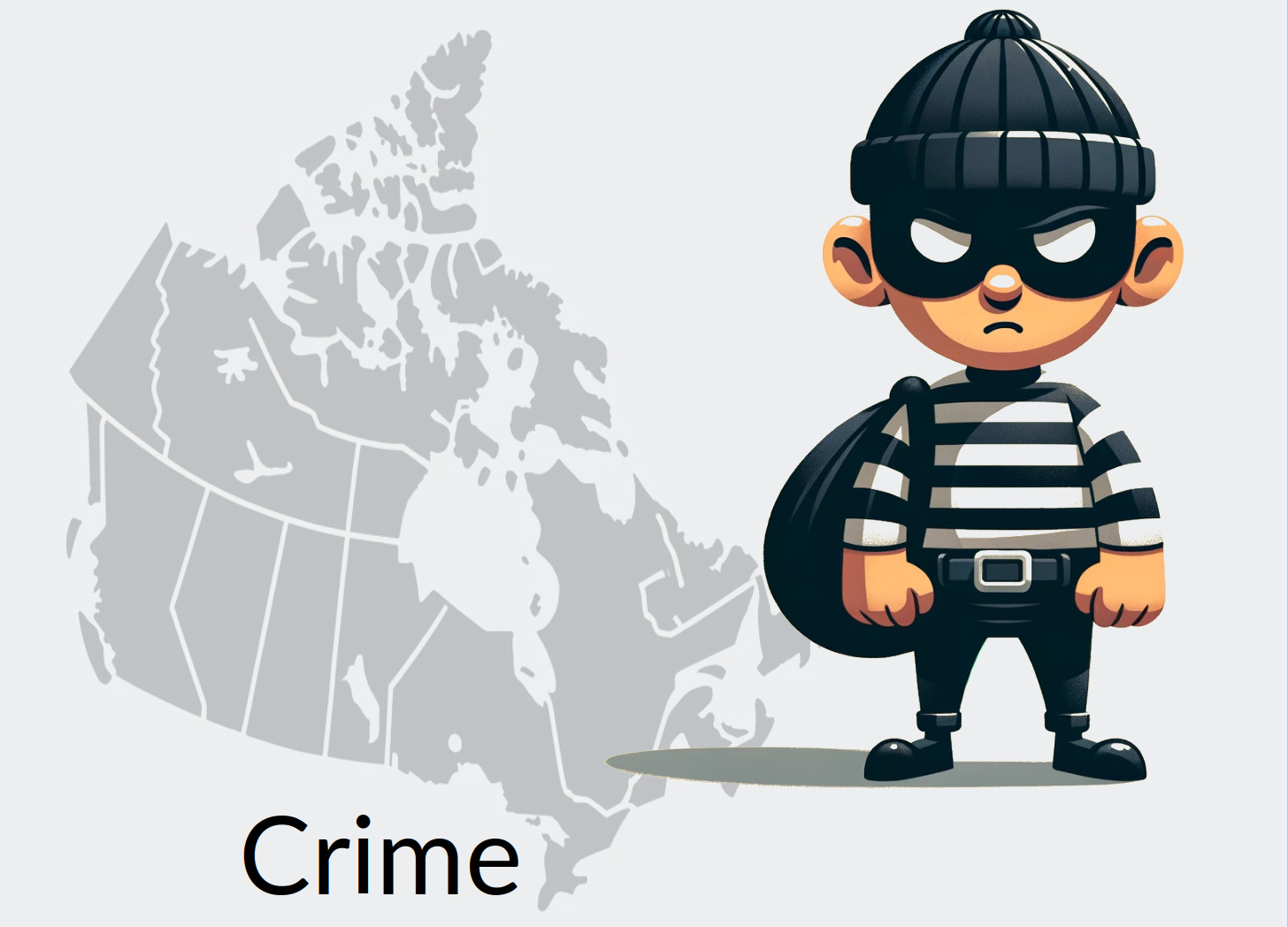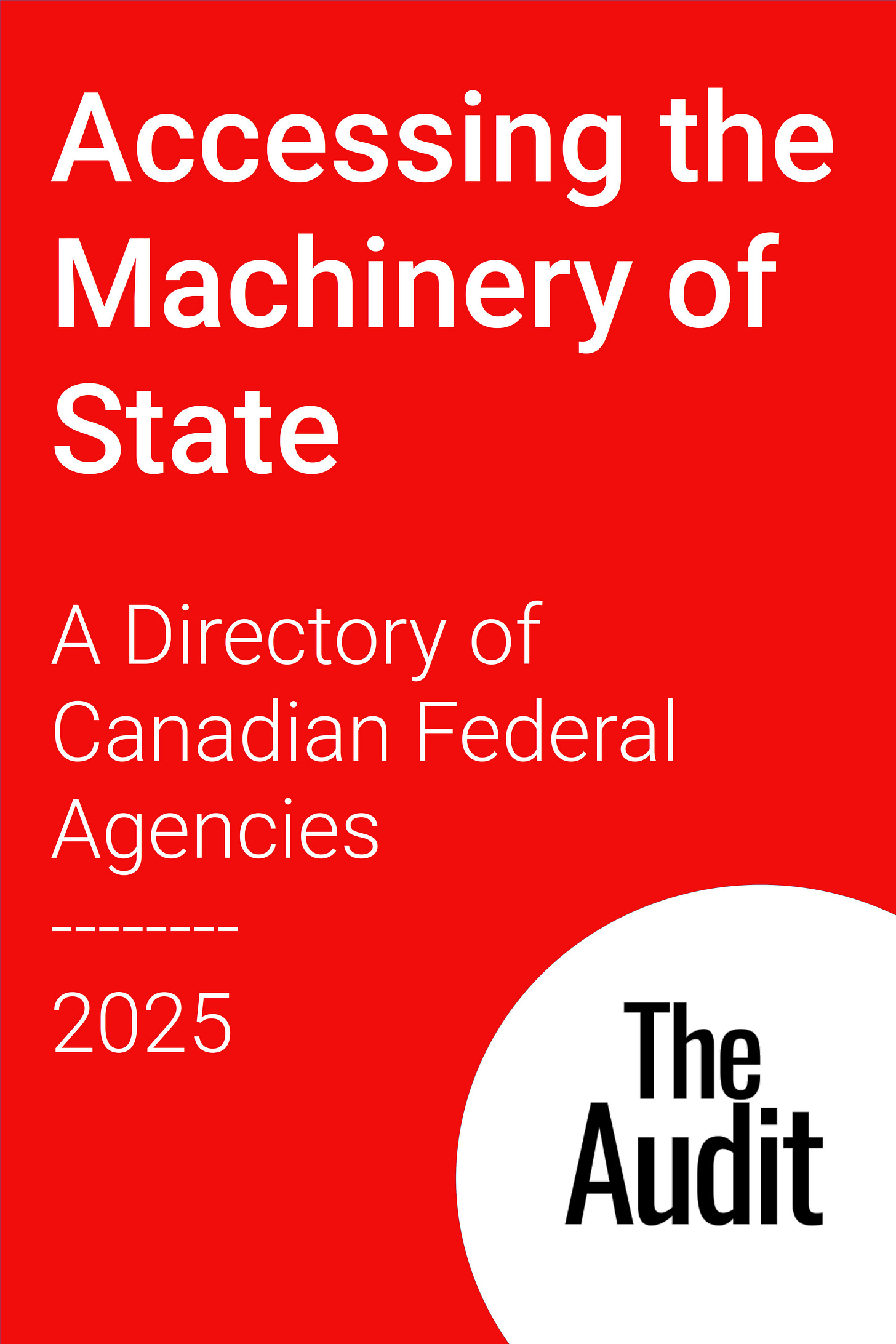Are Violent Threats Common in Canada's Online World?
Here’s a follow up to my previous post on mining Canadian Reddit threads for insights into what Canadians are thinking. This time, I was prompted by the horrific assassination in the U.S. of Charlie Kirk. It’s commonly - and credibly - assumed that the widespread sharing of violent rhetoric across social media creates an environment where physical violence becomes more likely.
So is online violent rhetoric as awful in Canada as it is south of the border? To find out, I analyzed comments from four threads on particularly contentious issues from four high-traffic Canadian reddit communities (known individually as “reddits”). The threads had to have begun within the past six months, and had to have attracted high numbers of comments. Here are the four I chose:
A thread on the “Canada” reddit that began right after the federal election last April. There were more than 31,000 comments it total, but I was only able to analyze the highest-scoring 983 of them.
A thread from August 8, 2025 from the “OnGuardForThee” reddit on President Trump’s relationship with Canada. That thread had 982 comments.
A thread with 274 comments in the “CanadaPublicServants” community about the possibility that “federal budget cuts could reduce diversity and inclusion initiatives”.
An 886-comment thread from the “Toronto” reddit with the provocative title: NO TYRANTS/NO KINGS - 1000+ CITIES PROTEST TRUMP. (More than one comment noted the obvious irony that Canada has a king.)
Analyzing Canadian Social Media Comments for Violence
The quality of the A.I. analyses of the comments inspired confidence and pointed to two distinct types of communities. We’ll begin with some overall impressions of the election night discussion on the Canada reddit:
Direct incitement to violence: Essentially none. Across thousands of lines, there are no explicit, sincere calls to harm specific people or groups.
Aggressive tone without violent intent: Frequent profanity and insults aimed at PP, Jivani, Bernier, and Trump; plenty of gloating and derision, but not calls to harm.
Countervailing emphasis on civility: Numerous comments explicitly applaud shutting down booing, praise gracious concessions, and urge unity, respectful discourse, and avoiding U.S.-style polarization.
It sounds like there are some unpleasant people hanging around that community but, between effective moderation and general personal self control, the conversation appears to be reasonably civil.
The analysis of the DEI-oriented discussion among members of "CanadaPublicService reddit was similar:
No explicit calls for violence, incitement, or credible threats were found in the dataset.
Some profane or antagonistic language is present, but it does not advocate violence. Moderators removed several comments for politics/trolling/intolerance, indicating heated tone but not violent content.
Bottom line: the conversation is polarized (merit vs DEI; cut programs vs cut office costs), but there are no calls for violence. Tone ranges from critical to dismissive, with some profanity and anecdotes, and active moderation of borderline content.
There was evidence of calls for violence in the anti-Trump thread in the Toronto reddit, but it all seems to have been handled effectively by moderators:
The conversation is polarized and sometimes nasty, yet explicit violent incitement is scarce in the surviving comments and actively policed by moderators.
Direct incitement: None visible in the provided comments. The tone is often heated and profane, but explicit advocacy of attacking or harming people is not present in the text shown.
Moderator action: At least one explicit mod notice states “r/toronto does not allow threats of violence,” implying some violent comments occurred but were removed. Many mod reminders to “attack the point, not the person” and “no dehumanizing speech.”
All that was encouraging. However there was one clear outlier: the OnGuardForThee reddit. Here’s the high-level summary of the analysis:
Overall sentiment is overwhelmingly hostile to Trump and the current U.S. administration, with strong support for boycotts/divestment and frequent references to “Epstein files.”
Most comments are non‑violent insults, boycott talk, or policy/mobility choices (don’t travel to the U.S., don’t buy U.S. goods).
A notable minority contains death wishes, violent rhetoric, or explicit calls for violence.
When I asked for an estimate of how pervasive the violent threats were, here’s some of what I got:
Short answer: Roughly 3–6% of comments include explicit calls for violence. If you also count non-actionable death wishes (e.g., “hope he dies”), it’s closer to 15–25%.
What I counted as “calls for violence”
Direct exhortations or threats of physical harm/war (e.g., “we’ll fight with guns,” “pedophiles get the rope,” “invade them”).
I did not include insults, boycotts, or general anger without urging harm.
I separately tallied “death wishes” (hoping someone dies) as non-actionable, distinct from a call to act.
There were at least 500 unique individuals who actively participated in that particular thread, only around 60 of whom posted more than once. And as many as 25 percent of those 500 users expressed clear support for violence at some level.
Ironically, OnGuardForThee’s official description includes: “The only general Canadian subreddit that doesn't allow bigotry or hate.”
Pushing Back Against Violent Incitement in Canada
So there are definitely busy pockets of over-the-top and dangerous social media discussions here in Canada. They’re by no means the norm, but we can’t say things are in any way under control.
None of this is to suggest that any form of government-imposed online content review would make things better. Even in the unlikely event that bureaucrats mastered the technical tools necessary to execute such a policy, any form of official censorship would quickly descend into a partisan exercise of free speech suppression.
However, a targeted application of existing law might well make a positive difference. I would imagine that two or three high profile criminal code convictions using Section 264.1 (Uttering threats), Section 319 (Public incitement of hatred), or Section 464 (Counselling an offence that is not committed) could go a long way towards cooling down the online conversation.1
And in any case, at least I have the comfort of knowing that all the comments left by The Audit readers will be civil, smart, and helpful!
Looking for a reference guide to the Government of Canada?
I just published Accessing the Machinery of State: A Directory of Canadian Federal Agencies.
And if you’re more interested in diving into the data from which that 462-page book was built, you can purchase that on Gumroad.
Sure, an offender may be hiding behind an anonymous online identify and interacting with a foreign media platform. No problem. The RCMP’s National Cybercrime Coordination Unit could, if so motivated, request a judicial production order to compel Reddit to release enough historical data to identify the source of any criminal activity.




This is proof that moderation matters.
Have you posted anything to those Reddit forums about your findings? I wonder how the denizens of OnGuardForThee might react.